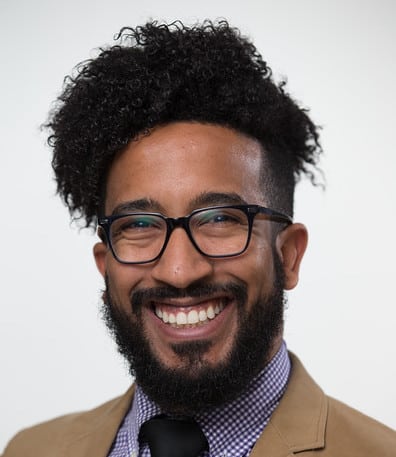Summary
In this talk, Marina and Mariah reflect on the challenges of implementing ethical design and user-first practices in large, complex organizations. Marina shares her experience navigating the bureaucracy of a 330,000-employee enterprise, emphasizing it took two and a half years without shortcuts, and lasting change requires consistent effort rather than quick signoffs. They highlight the importance of creating a culture where developers and designers are empowered to ask difficult questions about the downstream impact of their work—even when middle management may resist. Both speakers stress the necessity of leadership support, coalition-building, and aligning incentives within organizations to embed ethical thinking into everyday workflows. Mariah reflects on design thinking’s barriers at the middle management level and suggests rewriting role descriptions to remove risk from those driving change. Marina encourages individuals to be the persistent “pain in the hours” asking questions and fostering broader impact beyond their immediate roles. The panel underscores that technology alone is not the solution; caring about the people affected and committing to long-term cultural transformation is essential.
Key Insights
-
•
Lasting change in large organizations often requires years of persistent effort; there are no shortcuts.
-
•
Leadership setting the tone and culture is critical to enabling ethical, user-centered design practices.
-
•
Middle management plays a dual role as both a barrier and an opportunity for adopting new processes like design thinking.
-
•
Rewriting job descriptions and aligning incentives can reduce resistance from middle managers wary of business risks.
-
•
Building coalitions and understanding stakeholders’ motivations makes 'being the pain in the hours' effective and sustainable.
-
•
Weaponization of technology often emerges unintentionally, underscoring the need for proactive ethical scrutiny.
-
•
Small daily conversations about user impact can cumulatively lead to significant organizational change.
-
•
Individuals, regardless of seniority, can catalyze cultural shifts by consistently asking uncomfortable questions.
-
•
Creating a culture of care for users extends beyond product teams; even IT support roles impact end users indirectly.
-
•
Effective ethical design requires focusing on the reason behind tools and processes, not blindly applying methodologies.
Notable Quotes
"Two and a half years, I have actually reflected on this a lot... the only way through it was through it."
"No amount of, I literally could have brought President Obama to a table and had him sign paperwork. That wouldn’t have changed what happened."
"If you have middle managers that are creating a barrier... leadership has an ethical responsibility to remove them or remedy that."
"Someone has to be the person to ask the question first, whether that’s an employee, someone at the top, or someone from the outside."
"Your whole team can’t be comprised of those 'pain in the ass' people, but you need at least one to speak up and stand up."
"It’s about being strategic about when you speak up and how you speak up. Reading the room is critical."
"Technology is easy. People are not dealing with people. It takes a lot out of everyone."
"Creating coalitions and working with partners helps ensure your concerns are heard and not dismissed."
"Small, 20-second conversations can ladder up to something much bigger and longer term."
"It’s your job because no one else is coming."
Or choose a question:
















More Videos
"We want teams to have autonomy and power to make pivot, shelve, and proceed decisions, not leadership dictating."
Standardizing Product Merits for Leaders, Designers, and Everyone
June 15, 2018

"Most strategy today is guesswork based on what others are doing, not based on situational awareness."
Simon WardleyMaps and Topographical Intelligence (Videoconference)
January 31, 2019

"Many smartwatch designs assume male hands as default, excluding smaller wrists and diverse body types."
Sandra CamachoCreating More Bias-Proof Designs
January 22, 2025

"It takes at least one team member to choose to set healthy standards for collaboration."
Darian DavisLessons from a Toxic Work Relationship
January 8, 2024

"I challenge everyone to create a strategic AI integration plan that goes beyond everyday tasks to achieve career and company goals."
Fisayo Osilaja[Demo] The AI edge: From researcher to strategist
June 4, 2024

"The seven-foot-wide diagram showed the product’s true complexity, sparking necessary conversations with leadership."
Uday GajendarThe Wicked Craft of Enterprise UX
May 13, 2015

"Trust is often underestimated but is critical when designers face public critique and feedback."
Davis Neable Guy SegalHow to Drive a Design Project When you Don’t Have a Design Team
June 10, 2021

"TripAdvisor is really nine major business units each thinking like sub companies instead of one end-to-end user experience."
Eniola OluwoleLessons From the DesignOps Journey of the World's Largest Travel Site
October 24, 2019

"Product managers feel design is a black box; they want visibility, transparency, and accountability on timelines."
Aurobinda Pradhan Shashank DeshpandeIntroduction to Collaborative DesignOps using Cubyts
September 9, 2022



















